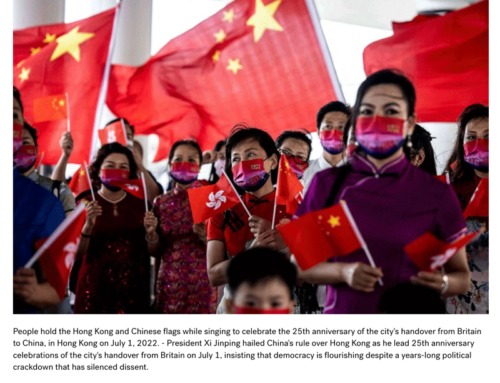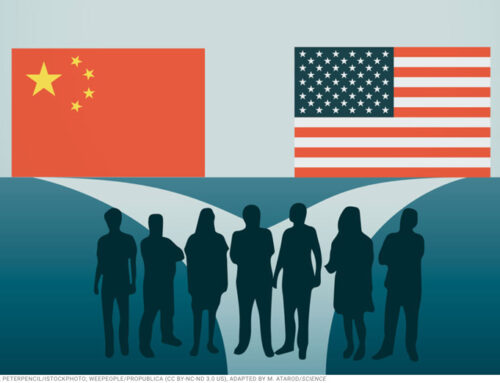World Development
Volume 138, February 2021, 105192
David Zweig, Kellee S. Tsai, Alwyn Didar Singh
ABSTRACT: China and India have significant overseas populations that constitute global talent, and both countries recognize that reverse migration of diasporic talent can contribute to domestic economic development. This study compares China and India’s capacity to encourage return migration with a focus on overseas entrepreneurs who return to start new firms in their homeland. In addition to reviewing state policies and prior related research, we analyze returnees’ views towards the state using two original data sets: a China survey of 100 returned and 100 local entrepreneurs from Shanghai, Beijing and Guangzhou conducted in 2004 through a face-to-face format; and an India survey administered in 2016–17, comprising 150 returned entrepreneurs and senior managers, and 75 local entrepreneurs in the Indian cities of Pune, Bangalore and New Delhi. Given that India and China began their reforms approximately 13 years apart, comparing these two surveys provides a more developmentally appropriate comparison than purely synchronic surveys. We find that that returned Chinese entrepreneurs have a more positive view of the state and are more willing to work with the local state than their Indian counterparts. Futhermore, returnee entrepreneurs in India are less tolerant of rent-seeking behaviour by local bureaucrats than those in China, and view the local state as being more of an impediment than a source of support. Overall, a significant gap remains between China and India in terms of policies, returnee perceptions, and on-the-ground experiences of returned entrepreneurs.
Links:
Science Direct: World Development Volume 138, February 21, 105192
Download PDF directly






Leave A Comment